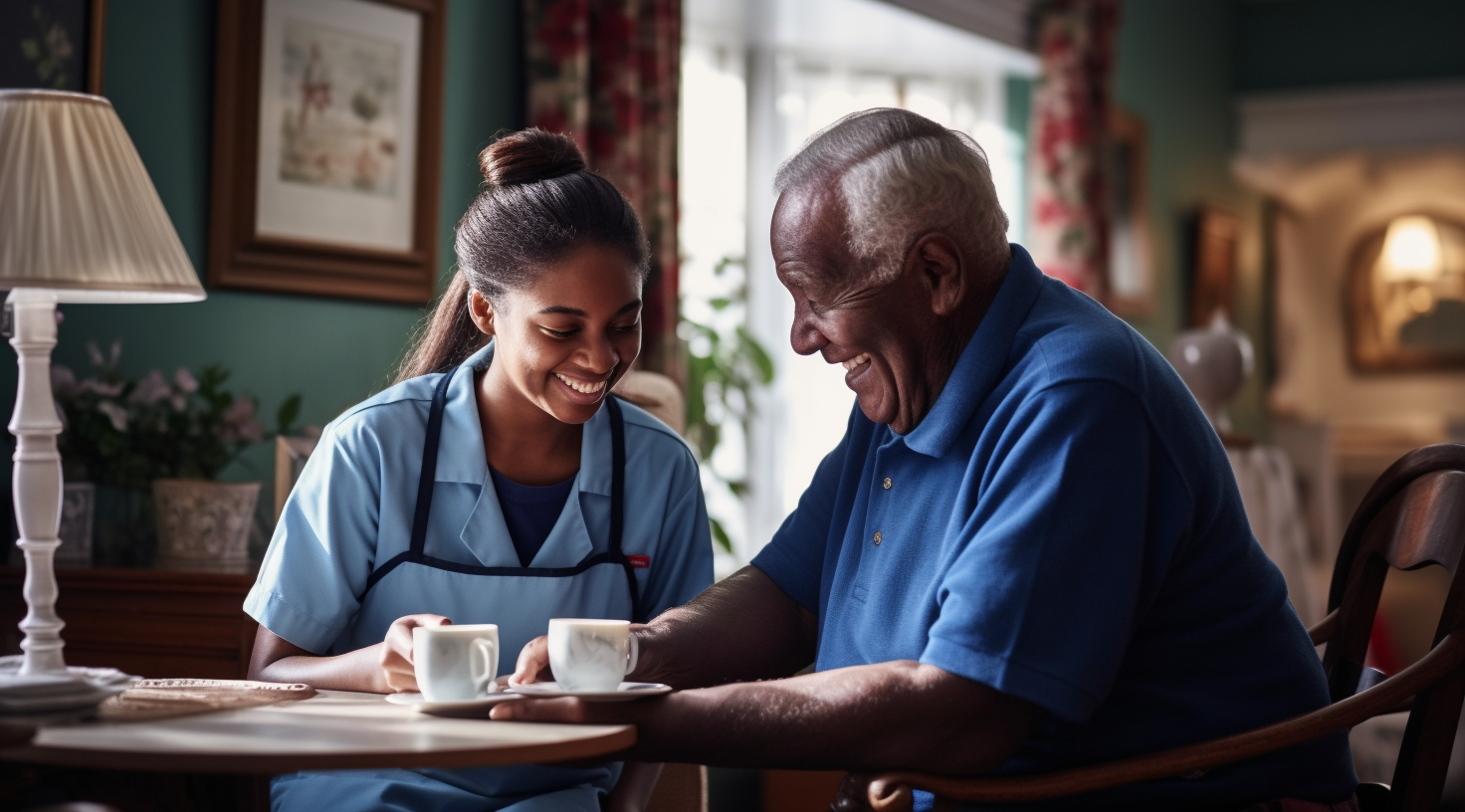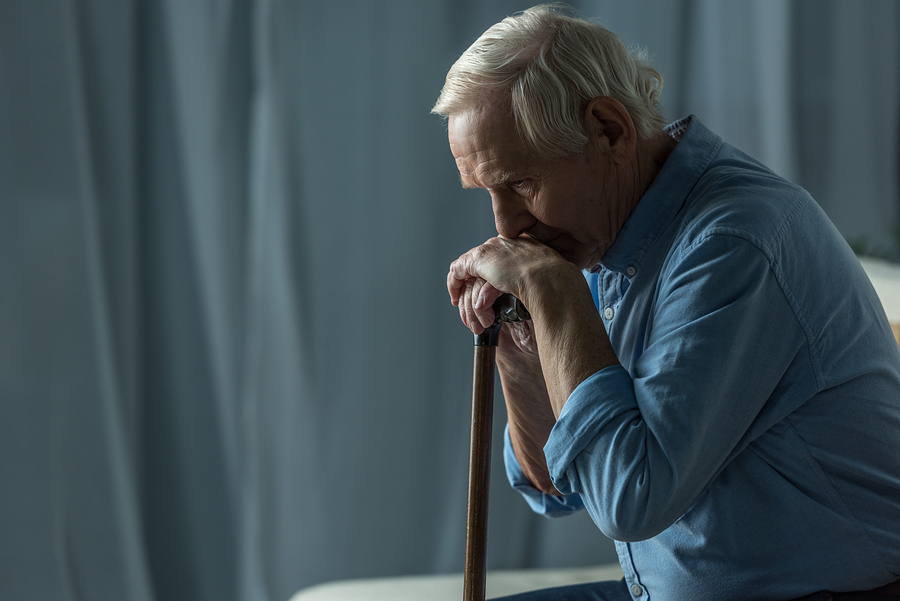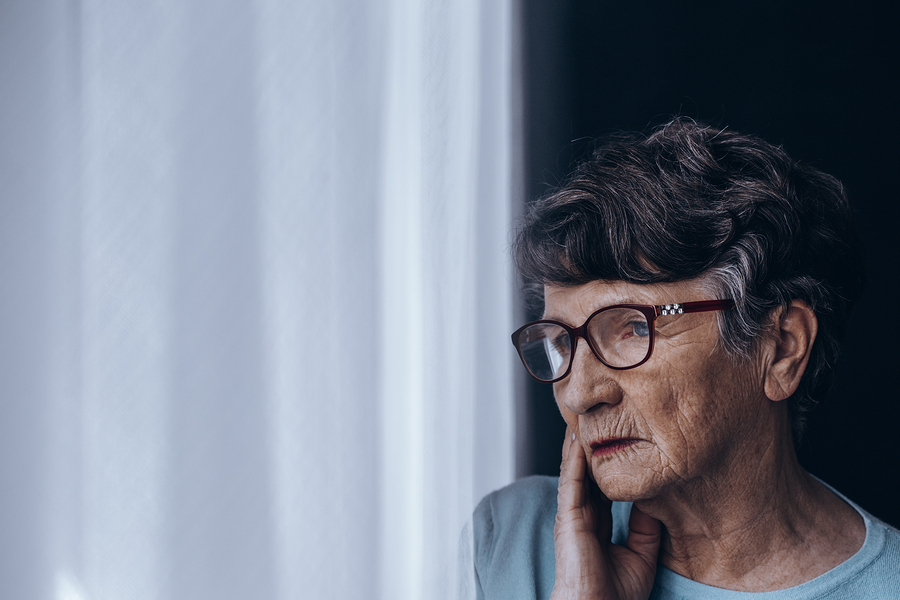Navigating the challenges of aging is not for the faint of heart. Managing stress is a big part of aging gracefully, especially while dealing with health complications and other difficulties. Companion care at home can be a valuable resource for seniors who need and want support and companionship while they deal with the stress of daily life.
Engaging in Meaningful Activities
Feeling as if life has meaning is a huge part of reducing stress levels, particularly for seniors. Simple activities like playing a game or gardening offer seniors something to do, but they also help to keep brains and bodies active and engaged. These activities are a lot easier with someone else around to talk to.
Offering Emotional Support and Companionship
One of the biggest ways that companion care at home helps seniors is to offer emotional support. Seniors often end up feeling lonely and isolated for a variety of reasons. Companion care offers someone who can listen and with whom seniors can build relationships that matter.
Assisting with Small Daily Tasks
Home care providers offer hands-on help with daily tasks, like making meals and light household chores. Companion care at home is slightly different, but they might also assist with some small daily tasks. They can help seniors remember to do specific activities, for instance, like exercising or remembering to eat. If seniors need more help, different types of caregivers can offer that assistance.
Promoting Autonomy and Independence
One source of stress for aging adults is the worry that they won’t be able to continue living their lives on their own terms. Companion caregivers can offer seniors the emotional support they need to remember that there is plenty that they can still do on their own. When seniors feel empowered, they’re more likely to feel as if they still have some control over their lives.
Offering Individual Attention
Sometimes seniors feel as if they get lumped in with everyone else. But companion care at home is there to offer them individual attention according to their own needs. There aren’t any one-size-fits-all plans for the day, and that can be tremendously comforting for seniors.
Improving Safety and Security
Companion caregivers are in a unique position. They’re there to offer companionship and emotional support, but they also understand what life is like for aging adults. They know what to watch out for and what signs could indicate that seniors aren’t living as safely as they could be. This alone is a huge source of stress, both for seniors and for the family members who love them. Companion caregivers can help families to know what’s going on with the seniors they love so that they can take steps to help them be safer when they need to do so.
Companion care at home offers essential companionship and support for seniors, which can go a long way toward reducing stress levels. These caregivers can help in a variety of other ways, too, which keeps seniors happy and healthy for as long as possible.
If you or an aging loved one is considering companion care at home in Mesa, AZ, please call the caring staff at Golden Heart Senior Care of Scottsdale at (480) 284-7360. We are here to help!


